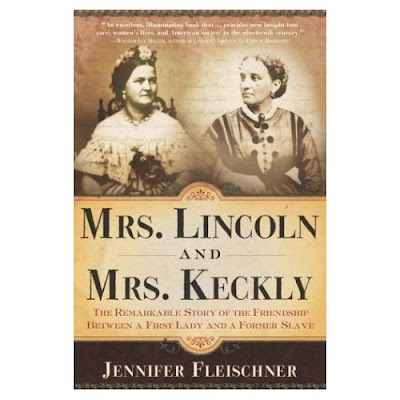 Well-Behaved Women Seldom Make History by Laurel Thatcher Ulrich
Well-Behaved Women Seldom Make History by Laurel Thatcher UlrichMy rating: 4 of 5 stars
I was a little afraid of this book, I'll be honest. First off, I had no idea that Laurel Thatcher Ulrich is LDS until about 30 pages in. This surprises me because I tried (and failed) to read her other book A Midwife's Tale: The Life of Martha Ballard, Based on Her Diary, 1785-1812, which I thought was good, but so boring I fell asleep probably about 275 times reading it. It surprises me that I didn't pick up on it, not surprising that she's Mormon. Anyway, I was suspicious of it because I'm generally suspicious of all Feminist literature. I didn't know too much about it going in (it was for book club), and I was afraid I was going to get stuck reading 200 pages of man-hating, hairy-legged, feminazi rants. Or, something that praises women for throwing tantrums and/or for not having babies. (Which, I'm not sure why I thought that because the woman who picked it has 4 children, and I've never seen her throw a tantrum.)
But it was neither of those things.
It's a history of women's history, so it's an exploration of the question of how women made history, which I found very interesting. I learned several things about amazons, Wonder Woman, milkmaids, Elizabeth Cady Stanton, Rosa Parks, and a lot more. I like history, so if she'd named it something different, I might have read it a long time ago.
Like A Midwife's Tale, I felt the writing was a little redundant as she wanted to make her points extra extra clear by restating them 3 different ways, which was tiresome. But overall, I'd recommend this book, even if you only have a passing interest in women's history.
View all my reviews >>
